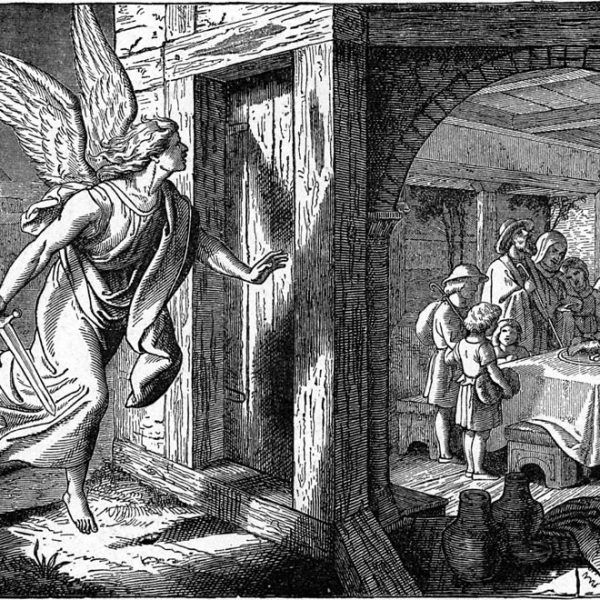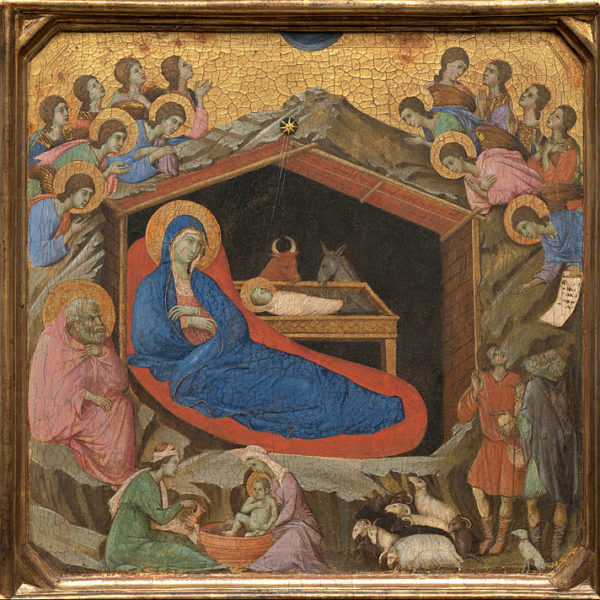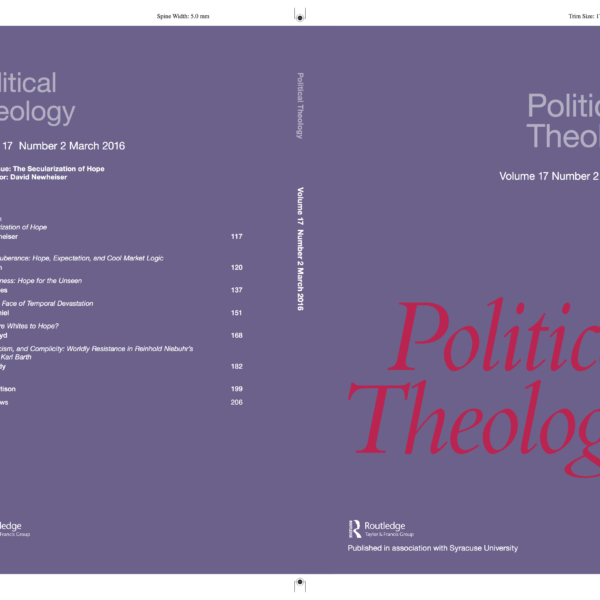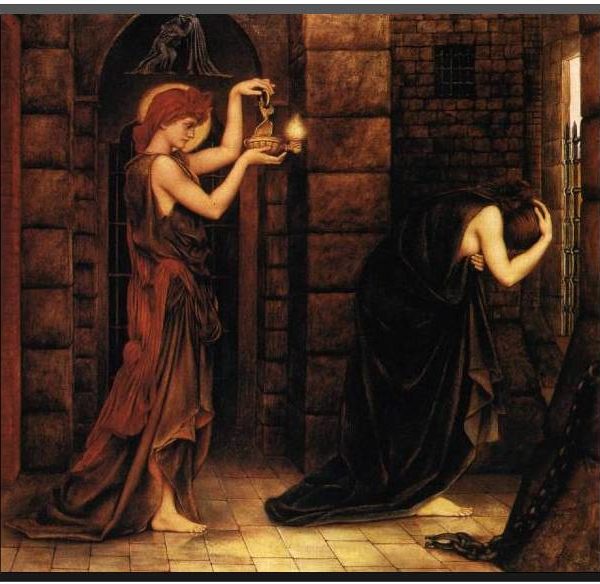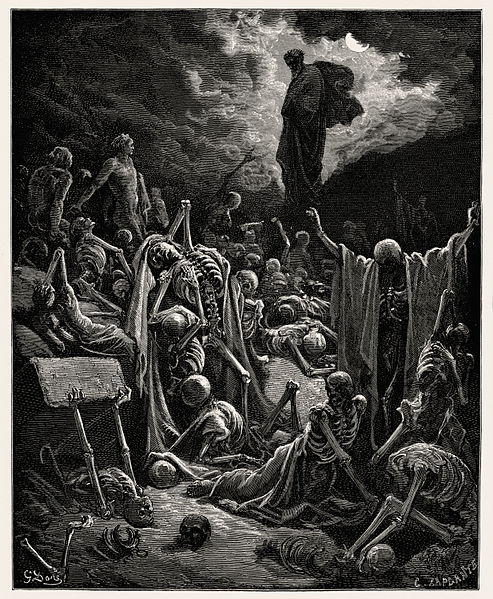
Our only hope is that the God who will raise us, the God whose justice is glorified, will eventually make all things right. Our trust in our just God should be evident in our words and our works as we live out the proclamation of the gospel.
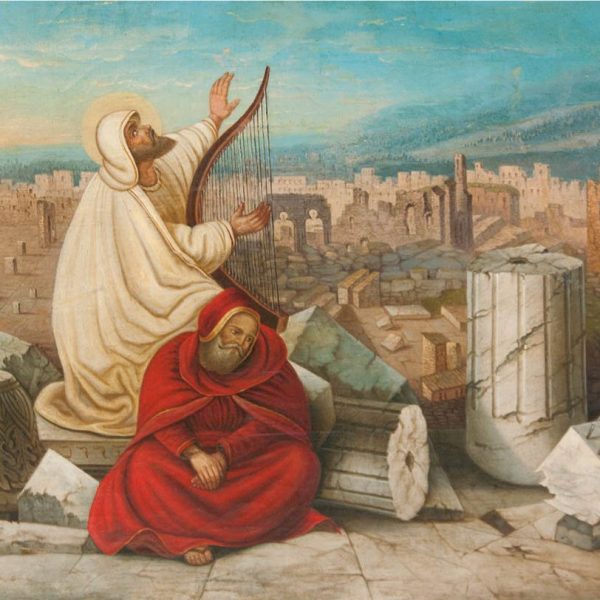
Our societies are built upon the oppression of the poor and marginalised and yet, unless we remove ourselves entirely from the web of cords, laws, taxes, products, and biological needs inherent in twenty-first century life, we are forced to participate in the oppression of others, and the destruction of our habitats. We see, we know that the world is on the brink, yet we cannot escape. Facing such a reality, Jeremiah offers us a way forward: we lament, we express our rage, we retain hope by continuing to call for change, and through it all we never allow ourselves to be numbed or silenced by the enormity of it all.
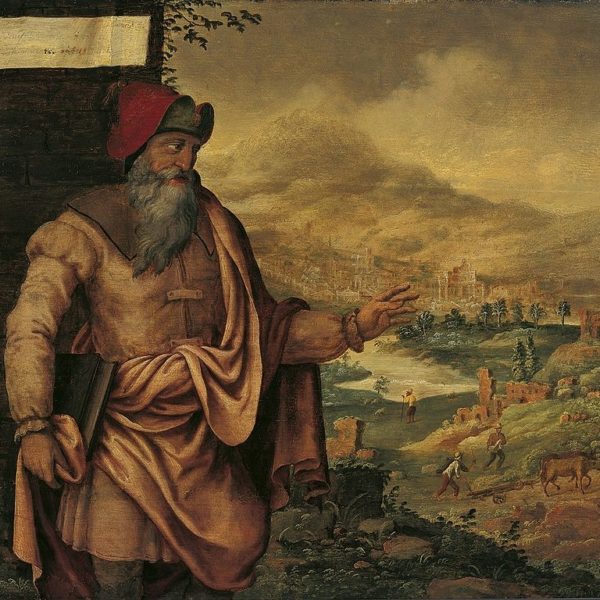
No matter how established we may think we are in this life, we are always on the way to another. To steady our step and to guide our path, we need to practice hope.
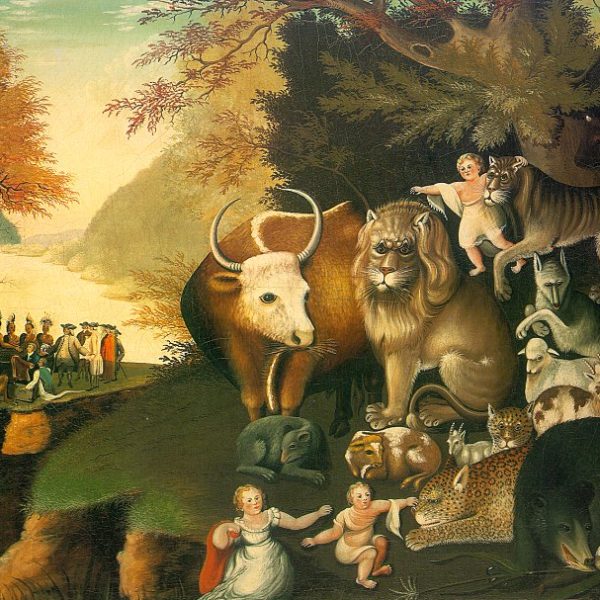
In Isaiah’s prophecy a young child serves as a sign puncturing the gloom of a dark political situation. The use of infants and young children to draw attention to God’s future within the book of Isaiah has significance for our own political visions. In regarding the sign of our children we can accomplish an existential turn from a politics driven by the selfish interests of our own generation to one of responsibility and hope for the well-being of those to come.

